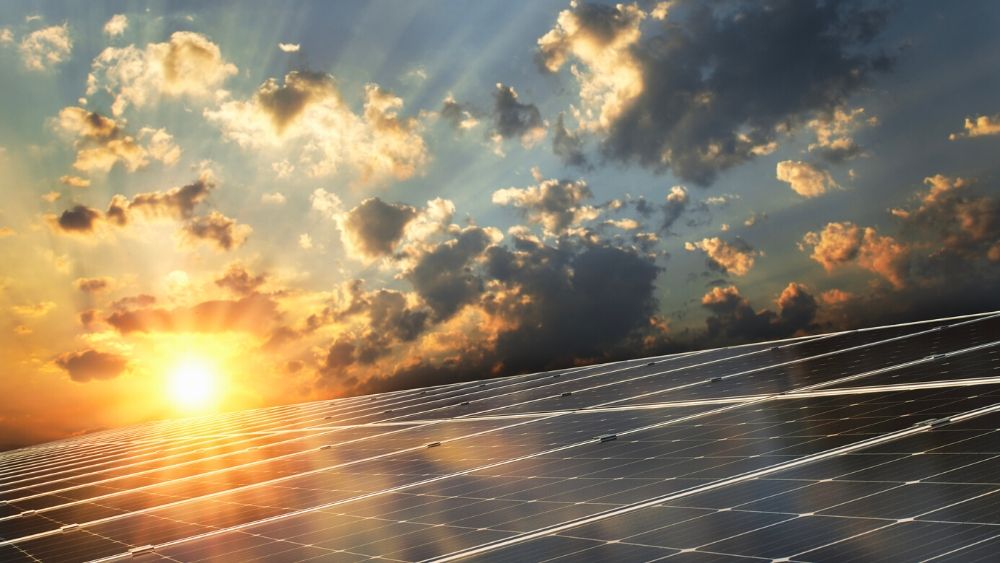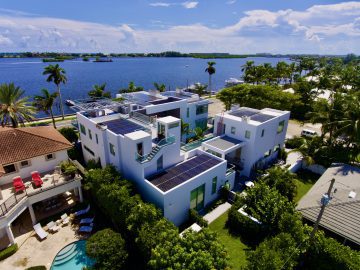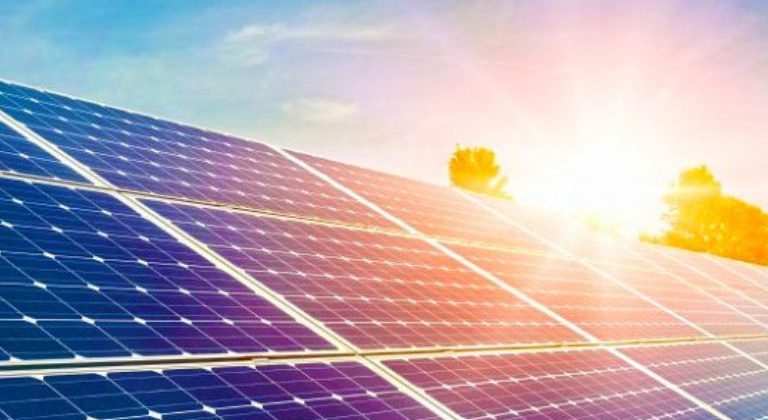Do solar panels use heat or light to operate? If you’re thinking about investing in solar panels for your home, it can be useful to learn more about how solar panels generate electricity. For many of us who don’t know much about the science behind the panels, it can be hard to fathom how they generate energy from the sun’s raw power.
There’s some confusion surrounding whether it’s the sun’s heat or light energy that generates the electricity that powers your home. To help you learn more about how solar panels work, take a look at our quick guide to where solar panels get their energy.
Do Solar Panels Use Heat or Light Energy?
Naturally, when you put a solar panel on a roof or flat floor space, it will be absorbing both heat and light energy from the sun. However, it is actually the light that a standard solar panel is most interested in harvesting. In harvesting light energy from the sun, the solar panel uses photovoltaic effects to convert light directly into electricity.
It is light, not heat, that generates electricity — and too much heat can actually hinder the electricity-making process. High temperatures can reduce the efficiency of electricity production, so although the solar panel will absorb both light and heat, it is the light that it wants.
This is true of PV solar panels, which are the standard electricity-creating solar panels. However, there are also such things as thermal solar panels that work slightly differently.
Do Some Solar Panels Use the Sun’s Heat to Generate Electricity?
In short, yes. Some solar panels do use the sun’s heat to generate electricity, and these are known as thermal panels. The light from the sun heats up the panels which can be used for household hot water or to generate steam and electricity.
However, these are less commonly installed on homes because they have complex integrations with water systems and are not the easiest to manage. They also have a bigger discrepancy between hot days and cold days, making them less reliable than the standard PV solar panels that use light.
Why is Using the Sun’s Light to Generate Electricity More Efficient?
As you can see, there are two ways that solar panels can work, with the PV solar panel option coming in as more reliable and effective. Using the sun’s light energy to create electricity is more effective as the infrared and ultraviolet light that is not visible to the human eye can be utilized too.
Light can also be optimized in different ways. For example, each home installation should be different so that the panels can be well-orientated to get the most sunlight. Even in snow and freezing cold weather, solar panels that use heat will produce good amounts of electricity if there’s enough sunlight.
Conversely, the heat from the sun cannot be optimized in such an effective way. This means that it relies heavily on how warm the temperature is, which is less reliable. Another issue with heat-led solar panels is that higher temperatures increase the electrical resistance of the circuits, meaning that they have to work harder to produce the same amount of electricity.
Are you interested in learning more about the different kinds of solar panels that could add value to your home and cut the costs of your electricity bills? Explore our Solar Electric page to find out more.



